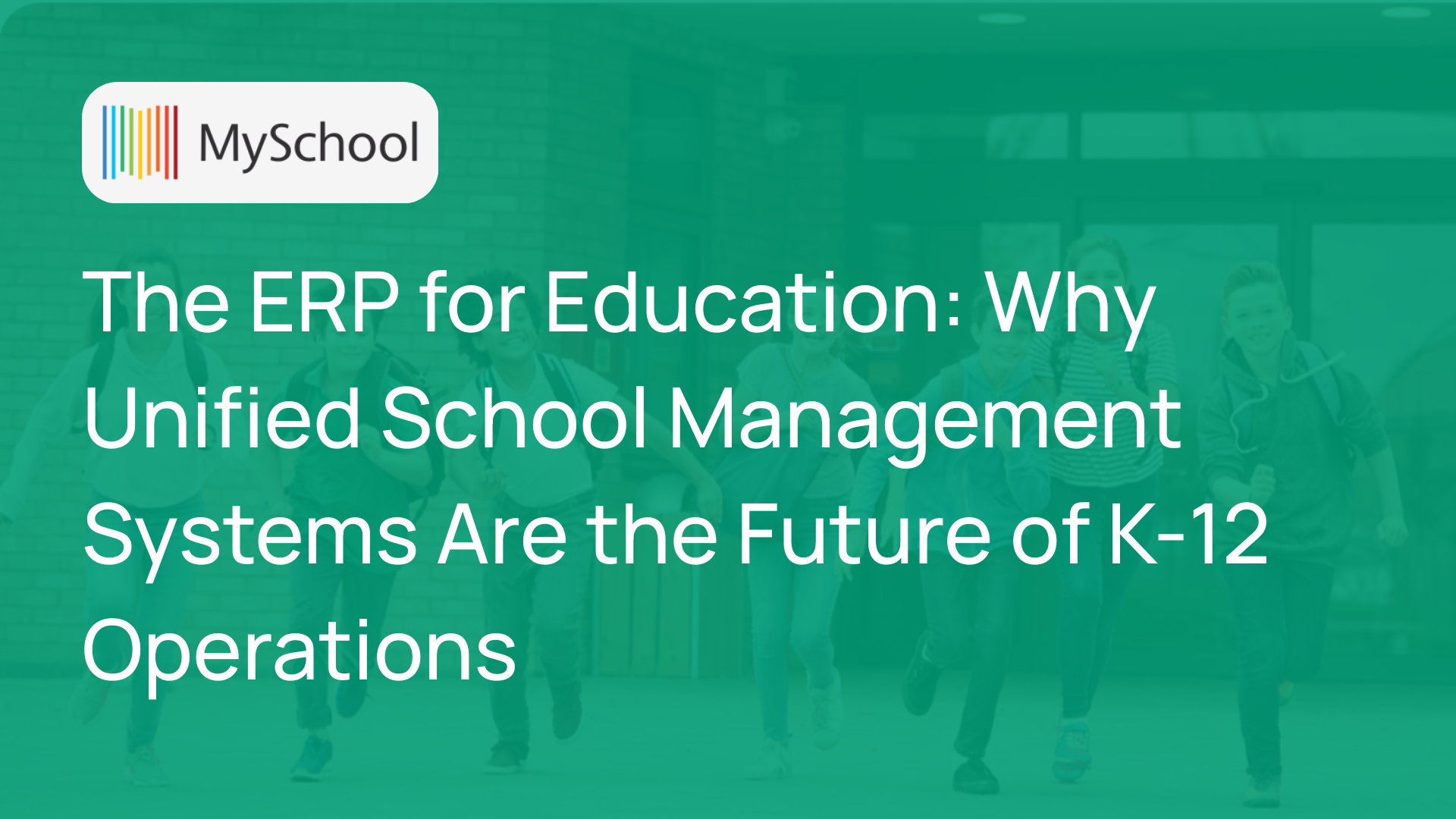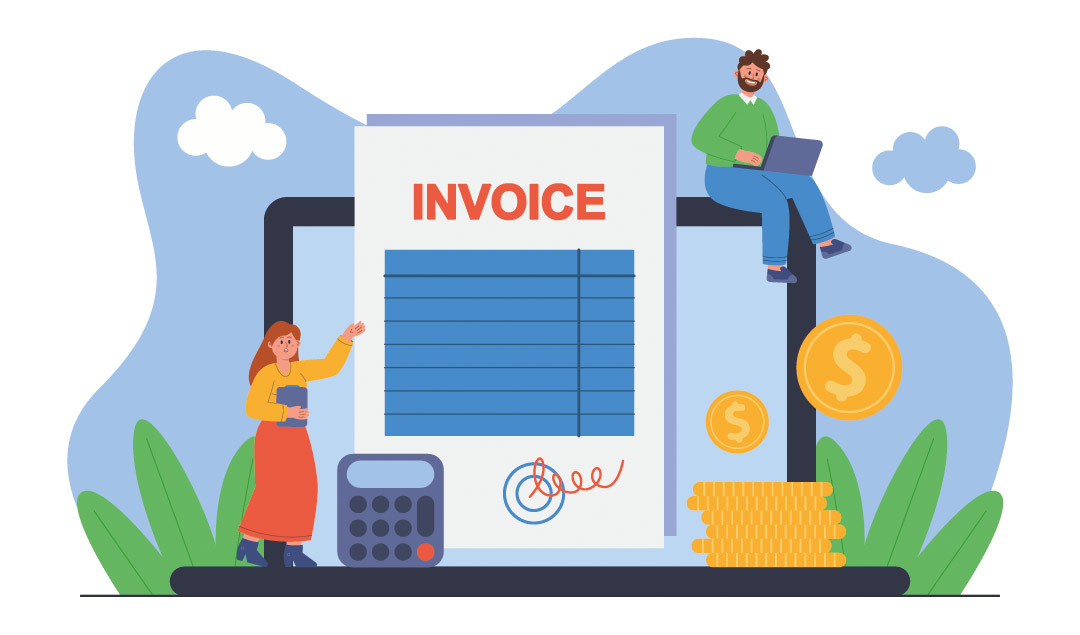MySchool Blog
School management software news, updates and guides.

The ERP for Education: Why Unified School Management Systems Are the Future of K-12 Operations
“The greatest danger in times of turbulence is not the turbulence, it’s acting with yesterday’s logic” – Peter Drucker, Austrian-American consultant and educator

6 steps to effectively earning staff buy-in for new school initiatives
Implementing your new year's initiatives at your school can be tricky because it means changes are going to happen. And change can be a four letter word.

School management software: all-in-many or all-in-one?
Does it feel like most school management companies are advertising as an all-in-one solution, when in reality they are an all-in-many: many apps, many logins, many code bases. So then what does all-in-one really mean?

Why is data protection becoming more important in private schools?
When schools think of staying ahead, staying agile, or differentiating themselves, technology is usually the obvious option for change and innovation. Delivering a 1:1 device ratio, or having high tech classrooms with interactive whiteboards, or even a robust parent to school communication app and fancy website, might be a few of the ways independent schools try to stand out to applicants.

K12 Admissions Software: 5 features your private school must have
The job of a K12 admissions director can be daunting. From being the first point of contact in recruiting and engaging families, to managing the multi step application process, and finally to maintaining relationships with the families and students to build an active alumni community. Communication and marketing are key parts to admissions, but so is analyzing demographics of the incoming classes as they will shape how your school grows in the years to come.

Finally, an invoicing solution specifically designed for K12 schools
Navigating K12 school finances, we often encounter several challenges. Ever noticed how parents struggle with different platforms for student information, payments, invoicing, and communication? This not only confuses them but also hampers the timely flow of payments, negatively impacting the financial health of your institution.

Unleash the ROI Potential of MySchool's Student Information System
As school principals, IT managers, and administrators, you know the importance of optimising your school's resources to create a high-quality learning environment. MySchool's student information system (SIS) is designed to maximise your return on investment (ROI) for your school. In this blog post, we'll delve deeper into how MySchool's SIS can benefit K-12 schools in North America, by exploring its key features and benefits.

Top 5 Tips for Password Safety and Effectiveness
Data from Security.org shows that adding a single uppercase letter to an 8-letter password dramatically increases safety. Here are five tips to help strengthen and protect your passwords.

Inclusion - a parent's perspective
As education professionals, we may have our own ideas and opinions on what inclusive education should look like. However, can our educational practices really be inclusive without taking into account the parental perspective?

Inclusion - a student's perspective
Approximately one year and six months ago, at the age of 24, I was diagnosed with autism. My life suddenly became split between a ‘before’ and ‘after’. I’m still me, but now my days are slowly becoming characterised by awareness with a capital ‘A’ and learning how to cope with the ball of anxiety that has settled in my chest, not from being autistic, but from being autistic in a world that is not built for me.

Inclusion - a teacher's perspective
Educators are at the forefront of every child’s educational journey. It is imperative that in order for true inclusion to take place, teachers need to have an understanding of what inclusion in mainstream schools is. We believe that teachers can give us insights into the comprehensive task of teaching children with additional needs within mainstream classrooms, and the information they provide would be valuable in the training and in the support of fellow teachers. MySchool school management software, has been working with the team from Learning 360° Foundation to gather feedback from teachers in Malta through a qualitative approach, so as to understand their views and experiences in the field, to spark a conversation on how we can continue to grow in inclusive practices in the classroom and beyond. The teachers were asked to give their own definition of inclusion, as well as what practices can be put in place in order to give every student the right to education within the mainstream setting. Various ideas and opinions were brought up throughout the interviews.
.png)
